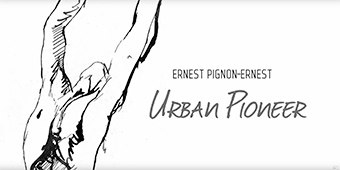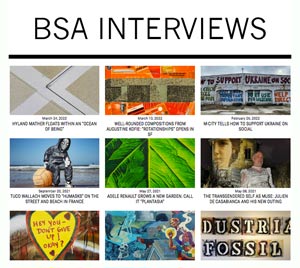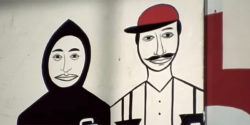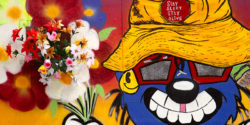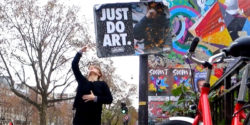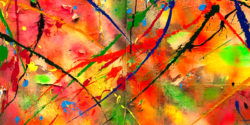Her name is unpronounceable, so people just call her Mrs. Bennett. One of the last aboriginal people in Australia, she sits atop a rolling line of four-eyed Tibetan demons with human faces who are sucking species into their mouths on this wall installation at the Institute of Contemporary Art/Boston (ICA). Traditionally these demons would be protective, but “Swoon really sees these as a representation of humanity’s need to devour, and in excess, to destroy“ explains Pedro Alonzo, curator of the show, as he gives guests a tour of “Anthropocene”, the two part installation by the Brooklyn Street Artist. The shows’ name refers to the current era, and according to Wikipedia, “The Anthropocene is a recent and informal geologic chronological term that serves to mark the evidence and extent of human activities that have had a significant global impact on the Earth’s ecosystems.”
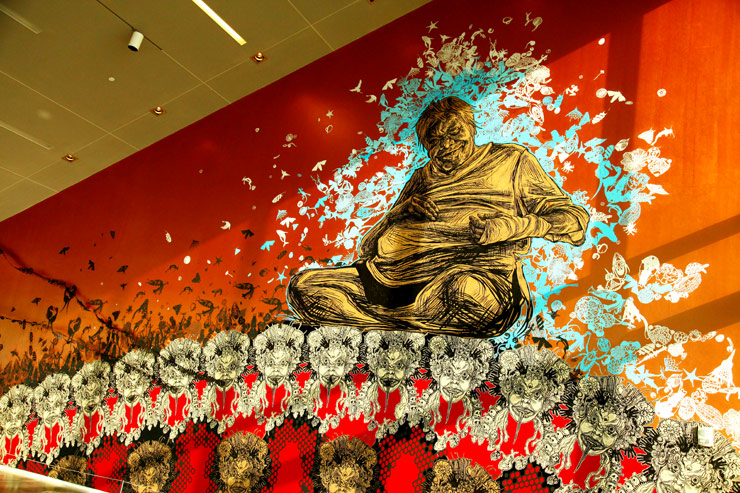 Swoon “Anthropocene Extinction” (photo © Jaime Rojo)
Swoon “Anthropocene Extinction” (photo © Jaime Rojo)

Swoon “Anthropocene Extinction” (photo © Jaime Rojo)

Swoon “Anthropocene Extinction” (photo © Jaime Rojo)
Part two of the installation at this modern museum overlooking the Boston waterfront is the mini temple suspended from the ceiling in the entry hall to the galleries, best viewed from the glass central elevator that carries you from floor to floor. With joints hand-tied in a manner Swoon learned from Chinese scaffolding architecture, the 400 pound structure is made of bamboo, copper, and multiples of hand cut paper animals, species endangered or soon to be in this era of human destruction on Earth. “She built the structure in four parts, we assembled it and installed it (over 6 days), and she draped it with these materials, ” said Alonzo.

Swoon “Anthropocene Extinction” (photo © Jaime Rojo)

Swoon “Anthropocene Extinction” (photo © Jaime Rojo)
During the installation the main hall was reserved for work tables and a temporary print shop, where many assistants spent hours hand cutting the animals and shapes that adorn the works and the parade that swings from the ceiling connecting the two areas. Seahorses, frogs, beetles, and butterfies all create the chain of life in this intuitive biologic story of connective species and collective endangerment. Disappearing before they can become fossils, the animal world is memorialized in this most ephemeral of materials, an exhibition that will similarly be destroyed when the wall is sanded and painted. In this impermanent way, it best mimics the installations Swoon does on the street.

Swoon “Anthropocene Extinction” (photo © Jaime Rojo)

Swoon “Anthropocene Extinction” (photo © Jaime Rojo)
Then out to the streets of Boston we went, hitting a number of spots with the guidance of photographer, artist, and Street Art expert Geoff Hargadon, who began one of the city’s only organic walls for Street Art and graffiti art in 2007. A natural magnet for painters and wheat-pasters, the ever-changing dialogue of “The Wall” on display is periodically wiped clean for a new group installation. The outdoor gallery has provided an outlet for hundreds of local and visiting artists as well as a providing a backdrop to photo shoots, video, and television programs. On the day we were there, a dancer was set to perform her moves under bright lights in the alleyway. Below are images from that days tour.

Swoon on the streets of Boston (photo © Jaime Rojo)

Swoon on the streets of Boston (photo © Jaime Rojo)

Swoon on The Wall at Central Square in Cambridge (photo © Jaime Rojo)

Alphonse (photo © Jaime Rojo)

Darkcloud, Mise. (photo © Jaime Rojo)

Obey (photo © Jaime Rojo)

Stikman (photo © Jaime Rojo)

Syms (photo © Jaime Rojo)

The Wall at Central Square (photo © Jaime Rojo)

The Wall at Central Square (photo © Jaime Rojo)

Brian Butler. The Upperhandart on The Wall at Central Square (photo © Jaime Rojo)

Darkcloud on The Wall at Central Square (photo © Jaime Rojo)

Mancini and friends on The Wall at Central Square (photo © Jaime Rojo)

Mark Carvalho on The Wall at Central Square (photo © Jaime Rojo)

Mer One on The Wall at Central Square (photo © Jaime Rojo)
With special thanks to Swoon, Pedro Alonzo, the ICA, and sincere gratitude to Geoff Hargadon.
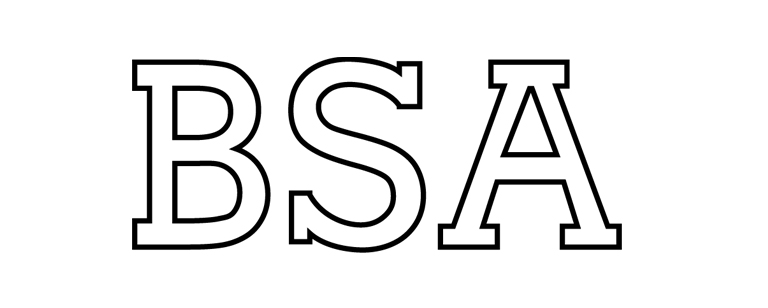 BROOKLYN STREET ART LOVES YOU MORE EVERY DAY
BROOKLYN STREET ART LOVES YOU MORE EVERY DAY
